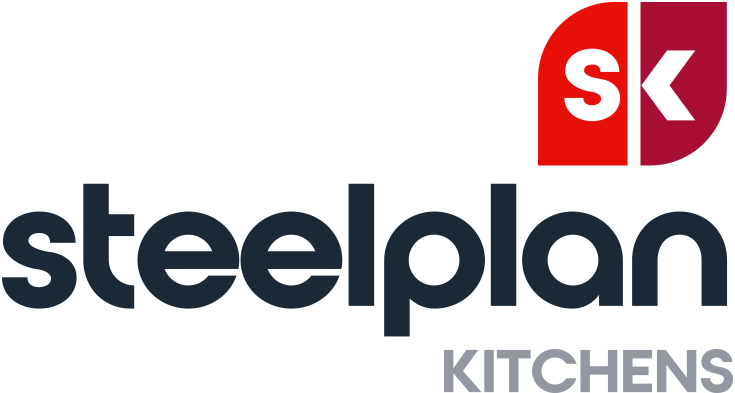A deep clean deep dive: how, and how often, should you deep clean your community centre kitchen?
You have a regular cleaning regime in your community group kitchen, but every so often every kitchen needs a deep clean. Here are our tips for making yours as thorough and effective as possible.
How often should you deep clean your community group kitchen?
Every kitchen is different, has different equipment, and sees different levels and types of usage, so a lot depends on the nature of your group and what the kitchen is used for.
As a rule of thumb though, you could follow the six-monthly deep-cleaning pattern that food businesses are obliged to meet under the Health and Safety at Work Act. The law doesn’t apply to community groups, but some may want to err on the side of caution, especially considering certain users.
If users and visitors include children, the elderly, or people with health vulnerabilities or intellectual disabilities, consider a particularly diligent deep cleaning schedule to protect those members of the community.
Ultimately you know your kitchen best, and whether an annual or biannual schedule would make the most sense.
Do you need specialist equipment to clean your community kitchen?
In short, no — you can perform a deep clean with regular cleaning supplies. The ‘deep’ part of the clean is about the thoroughness of the job and attention to detail that you pay.
You might choose to buy some cleaning supplies specifically for your deep cleans in order to make the process as effective as possible while minimising the amount of elbow grease required, but if you do, make sure that it is not:
- Abrasive to certain materials in your kitchen
- Chemically harsh in a way that could make the kitchen unpleasant or cause discomfort to users
The deep clean is after all about maintaining and prolonging the useful life of your kitchen and the wellbeing of the community — it would be ironic if it did the opposite.
How do you make sure your deep clean is effective?
The single most effective way to maximise the impact of all cleaning (whether deep or regular) is to have a kitchen that is hygienic by design. Steelplan Kitchens always recommend a Zintec polyester powder coated carcass with a stainless-steel worktop. The kitchen will be wipe-clean, and won’t involve bacteria-harbouring hotpots like sealant and peeling vinyl wrapped doors.
You could also consider paying for a professional cleaner to perform the deep clean, though the budget may not allow, and when you have willing volunteers you may prefer to use them instead.
For more details on how Steelplan Kitchens are hygienic by design, how a semi-commercial kitchen renovation could help you maintain a clean and safe kitchen, and what a mild steel design might look like for you kitchen, get in touch with one of your friendly design team on 0208 254 0090 or [email protected].





